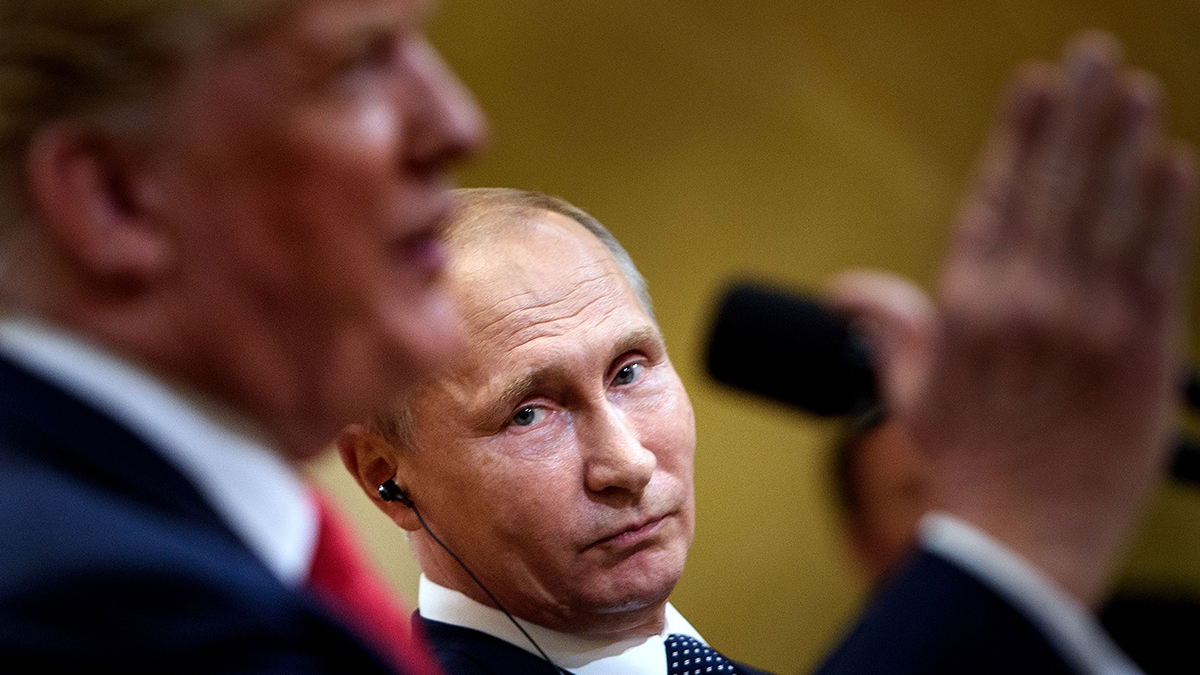Well, folks, gather ’round, because the internet has been absolutely *buzzing* with one of those moments that leaves you scratching your head, chuckling, and then diving deep into the geopolitical rabbit hole! We’re talking about a recent White House media interaction where US President Donald Trump, while expressing his very understandable frustration about the crime situation in Washington DC, appeared to mix up Russia with the great state of Alaska. And, oh, did social media users ever have a field day with it!
It all started when President Trump was addressing reporters at a press briefing. He was clearly bothered by the state of the US capital, especially with such a high-stakes meeting on the horizon. He famously declared, “This is a tragic emergency, and it’s embarrassing for me to be up here…You know, I’m going to see Putin. I’m going to Russia on Friday. I don’t like being up here [on the podium], talking about how unsafe and how dirty and disgusting this once-beautiful capital [is].” Now, for anyone following the news, that last part about “going to Russia” definitely raised some eyebrows. It was a moment that instantly went viral, sparking conversations, memes, and a whole lot of head-shaking across the digital landscape.
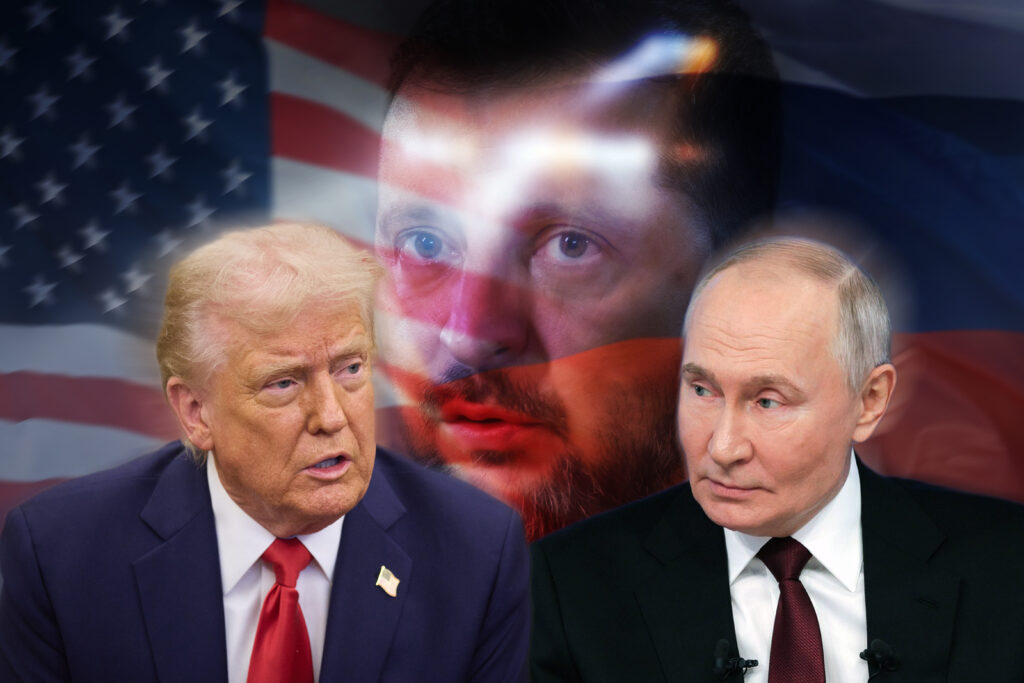
Here’s the thing: Trump was, in fact, not going to Russia. Nope! The actual destination for his highly anticipated meeting with Russian counterpart Vladimir Putin was the stunning, strategically vital US state of Alaska. This detail, of course, was quickly clarified by news outlets, but not before the internet had already latched onto the initial phrasing. The irony of the situation, especially given the history between Alaska and Russia, was simply too rich to ignore, and it became an instant talking point about the President’s “mental acuity.”
Interestingly, several senior officials were right there on the podium with President Trump during this memorable interaction. US Attorney General Pam Bondi, Defence Secretary Pete Hegseth, and even the recently appointed DC US Attorney Jeanine Pirro were present. Yet, as the President made his comment about heading to Russia, none of them seemed to step in or offer a correction in that moment. It just goes to show how quickly things can unfold in a live press briefing, and how a single slip can take on a life of its own in the rapid-fire world of online commentary.
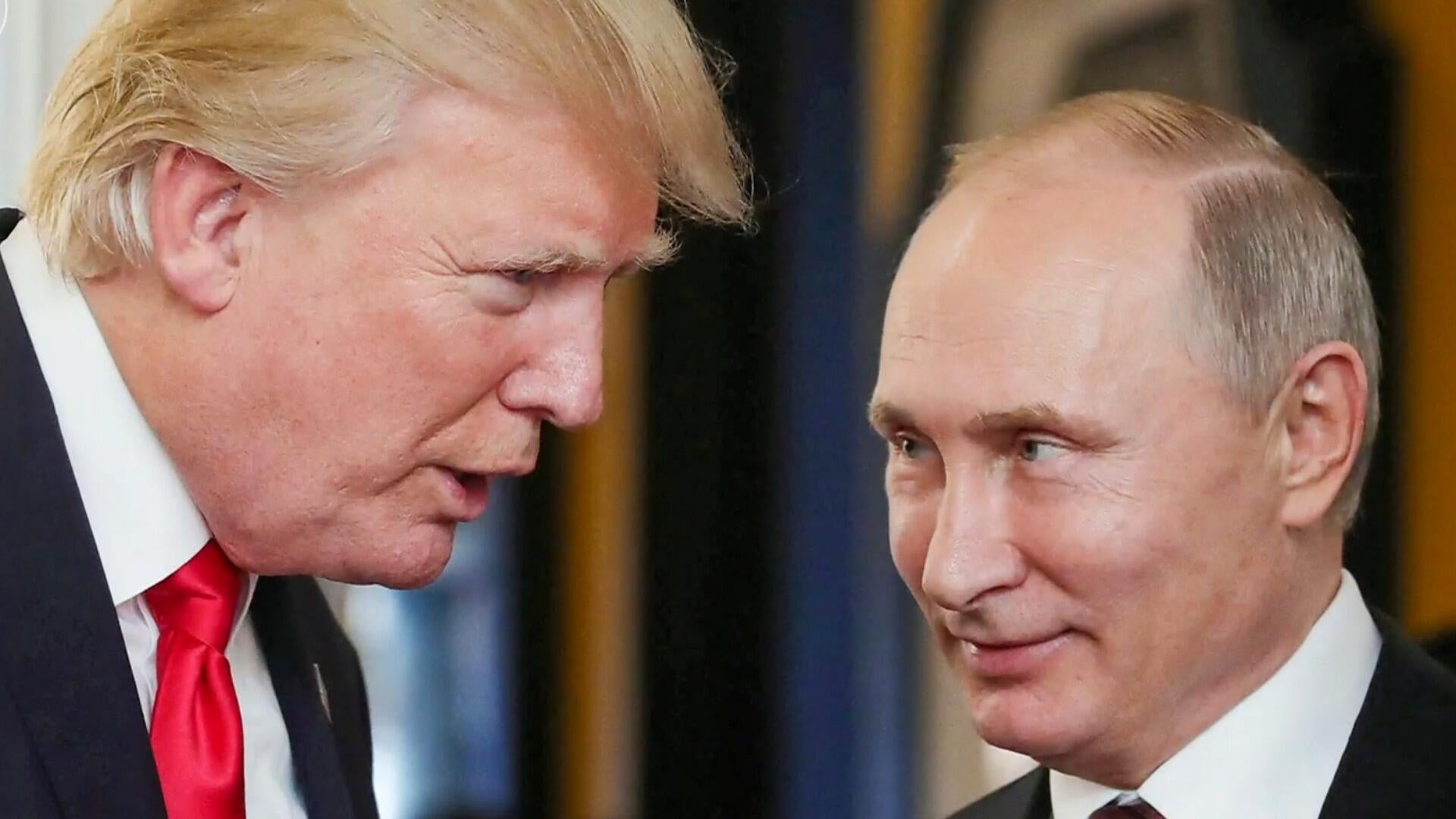
So, what *was* the real agenda for this much-anticipated summit in Alaska? Well, the core purpose of the meeting between Trump and Putin, set for August 15, 2025, was to delve into Moscow’s plans for finally ending the ongoing war in Ukraine. This conflict, which began with Russia’s invasion in February 2022, has been a persistent global concern. Trump himself described the upcoming summit as a “feel-out meeting,” playing down any immediate expectations of a grand breakthrough, though he did express hope for “constructive conversations” with Putin.
Now, about that “field day” the internet was having! Social media, particularly platforms like X (formerly Twitter), lit up faster than you can say “geopolitical gaffe.” Users were swift to question the Republican leader’s cognitive state. One user on X didn’t mince words, writing, “According to Trump, Alaska is in Russia. His dementia and cognitive decline are on full display.” Another X user echoed this sentiment, stating, “With his DEMENTIA on full display, Trump announces HE’S GOING TO Russia! Pam Bondi and Pete Hegseth are so accustomed to him LYING, THEY DON’T EVEN BLINK! THAT’S how he gets away with LYING TO THE AMERICAN PEOPLE.” The comments kept coming, with one X user simply exclaiming, “The so-called president of the United States thinks that Alaska is in Russia. What an ongoing embarrassment!” It was a genuine online phenomenon, with every angle of the gaffe being dissected, amplified, and meme-ified across feeds.
But let’s pause for a moment and consider *why* this particular mix-up resonated so strongly and spurred such a digital frenzy. It wasn’t just a simple slip of the tongue; it touched upon a fascinating, often overlooked, chapter of history: Alaska’s Russian past. Many people might not realize that Alaska was, indeed, once a Russian territory. The United States purchased this enormous landmass from the Russian Empire back in 1867 for a sum that, by today’s standards, sounds like an absolute steal: $7.2 million. That’s roughly two cents per acre for an area more than twice the size of Texas! At the time, this massive acquisition was widely criticized in the US, even earning the derisive nickname “Seward’s folly,” after Secretary of State William Seward, who masterminded the deal. Yet, it was one of the most significant land purchases in American history.

The story of Alaska’s Russian connection goes back even further. It was first discovered by Danish explorer Vitus Bering in 1728, during an expedition for Tsarist Russia. He sailed through the narrow strait that now bears his name – the Bering Strait – revealing the existence of Alaska to the Western world, though Indigenous people had, of course, been living there for thousands of years. Bering’s expedition sparked a century of Russian activity, primarily centered around seal hunting, with the first Russian colony established on southern Kodiak Island. In 1799, Tsar Paul I even founded the Russian-American Company to capitalize on the highly lucrative fur trade, often leading to clashes with the Indigenous inhabitants. However, the hunters eventually overexploited the seal and sea otter populations, leading to their collapse and, consequently, the economic decline of the Russian settlers.
The historical ties run deep, and even today, Russian influence endures in parts of this remote state, especially on its northwest edge, which lies just a few miles from Russia across the Bering Strait. Russian-speaking communities still thrive, and distinct Russian Orthodox Churches, with their iconic onion-shaped domes, dot the landscape from the remote Aleutian Islands to Anchorage, Alaska’s largest city. As Brandon Boylan, a professor at the University of Alaska Fairbanks who studies U.S.-Russia relations, aptly put it, “Russian culture and Russian history is sort of baked into Alaska.” This rich, complex past provides a compelling backdrop to the recent Trump-Putin summit location, making the President’s gaffe all the more ironic and fuel for online discussion.
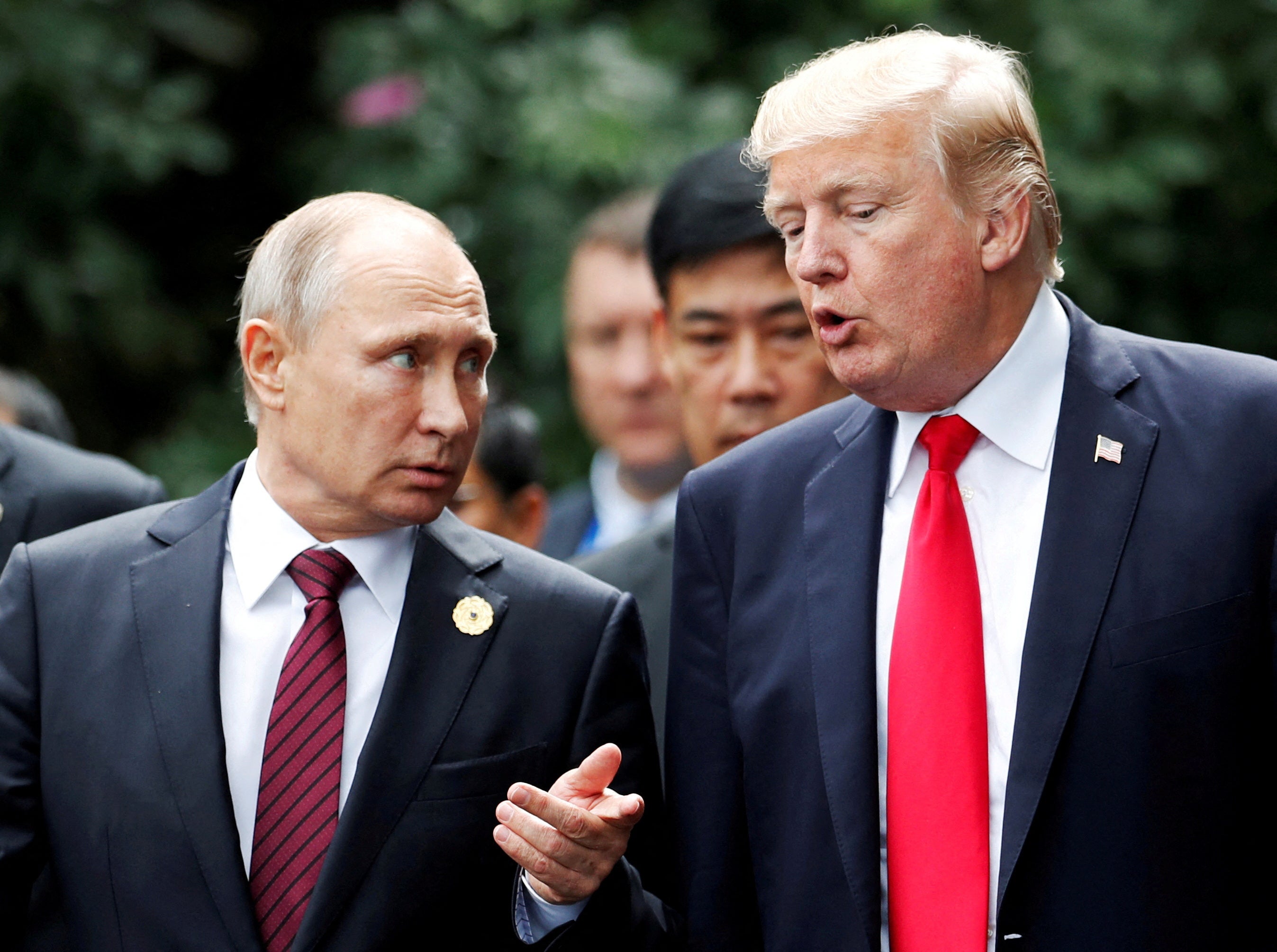
Beyond the humorous slip-up, the choice of Alaska as the summit venue carries profound symbolic significance for both sides, sparking intense analysis from global commentators. For Moscow, it’s seen as a diplomatic coup. Russia’s special economic envoy, Kirill Dmitriev, highlighted this on X, stating, “Born as Russian America — Orthodox roots, forts, fur trade — Alaska echoes those ties and makes the U.S. an Arctic nation.” Konstantin Malofeyev, a Russian billionaire and Putin supporter, went even further, claiming that Alaskans “respectfully remember their Russian past and their Orthodox present.” Another pro-Kremlin war correspondent, Alexander Kots, confidently proclaimed in his Telegram channel that “The meeting in Alaska has every chance to become historic.” It’s clear that from the Russian perspective, holding the summit on this historically Russian land, purchased by the US, serves a powerful narrative purpose.
However, Western analysts have urged considerable caution regarding this symbolism. Michael McFaul, who served as the U.S. ambassador to Russia during the Obama administration, shared his concerns on X, noting, “Trump has chosen to host Putin in a part of the former Russian Empire. Wonder if he knows that Russian nationalists claim that losing Alaska, like Ukraine, was a raw deal for Moscow that needs to be corrected.” This sentiment was echoed by King’s College London Russian Politics professor Sam Greene, who told The Washington Post that “The symbolism of holding the Trump-Putin summit in Alaska is horrendous — as though designed to demonstrate that borders can change, land can be bought and sold.” These experts highlight a deeply troubling implication: the location could inadvertently legitimize Russian revisionist claims or their aggressive actions in Ukraine, where Putin illegally annexed Crimea in 2014 and four other regions in 2022.
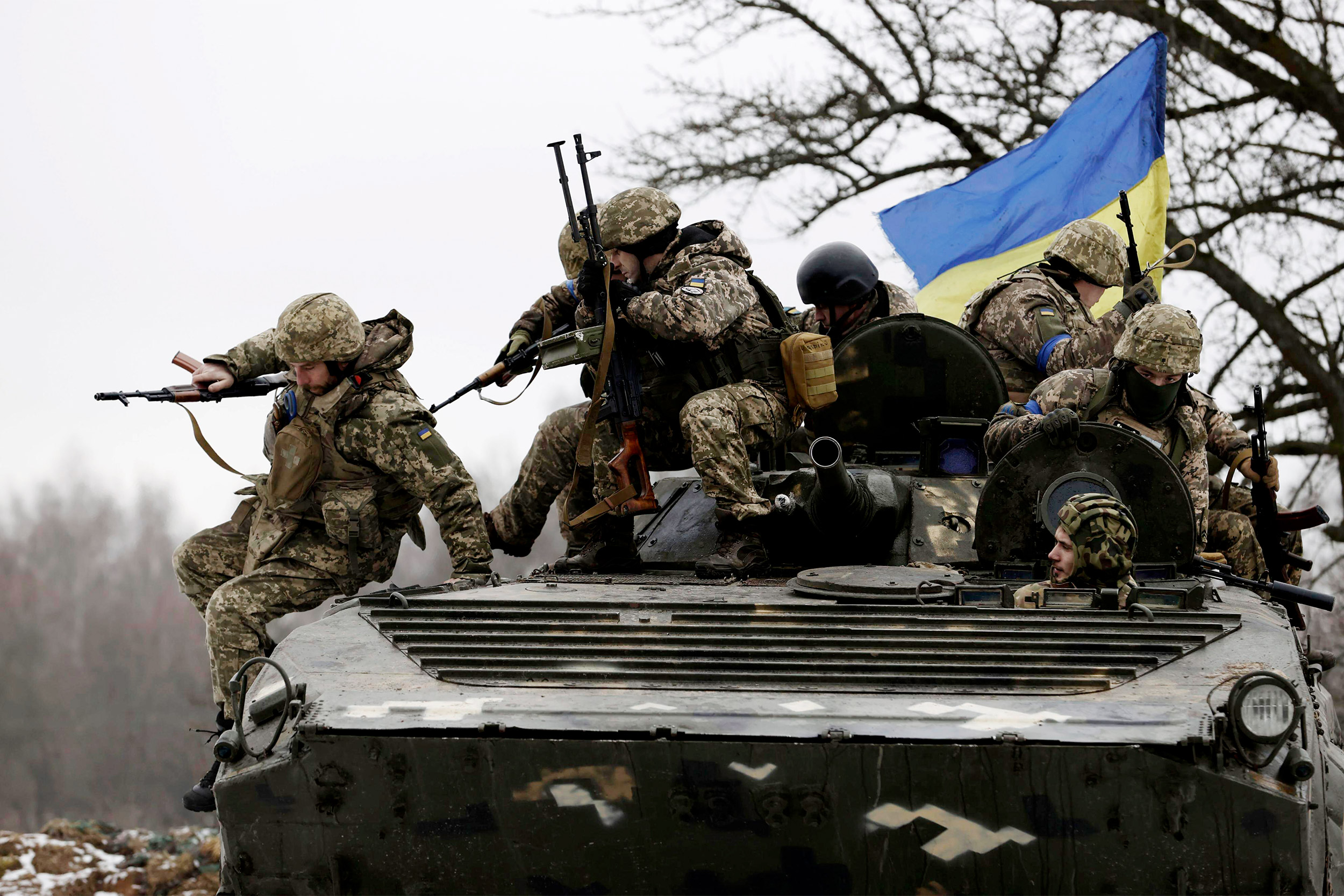
The context of the Ukraine war is, of course, paramount to understanding the summit’s significance. Trump has, famously, spent the first months of his second term trying to broker peace in Ukraine, after boasting during his campaign that he could end the conflict in a mere 24 hours. Despite multiple rounds of talks, phone calls, and diplomatic visits, a breakthrough has remained elusive. This meeting with Putin, the first between an American president and the Russian leader since Joe Biden met him in Switzerland in 2021, and the first time Putin has set foot on American soil outside of the United Nations since 2007, comes at a critical juncture, especially with an International Criminal Court (ICC) arrest warrant currently out for Putin.
During his press interaction, Trump also voiced frustrations with Ukrainian President Volodymyr Zelensky. He expressed a desire for Putin and Zelensky to have a direct meeting, but seemed perturbed by Zelensky’s need for “constitutional approval” for certain actions. Trump commented, “I found it a little strange that Zelensky was saying, ‘I have to get constitutional approval.’ He has the approval to go to war and kill everyone, but he needs approval to do a land swap? There will be some land swap, I know that from Russia and other talks.” This suggests Trump’s continued willingness to entertain significant territorial adjustments, a stance that deeply concerns Ukrainian and European officials, especially given Zelensky’s firm declaration on Saturday that Ukraine’s constitution prohibits handing over territory to Russia.
Meanwhile, Russian analysts have indicated a complex set of objectives for their side. Tatiana Stanovaya, a senior fellow with the Carnegie Russia Eurasia Center, suggested that Trump “didn’t want to fall into confrontation with Russia.” She noted that Trump himself believed “further sanctions probably wouldn’t force Putin to change his mind,” leading to his openness for a new attempt at a deal. However, Janis Kluge, deputy head of the German Institute for International and Security Affairs, views Putin’s proposal not as a genuine peace offering but “part of the war,” suggesting it’s “just a temporary ceasefire in exchange for land” designed to give Putin a long-term advantage against Ukraine and the West.
The sentiment from within the Kremlin, as reported by an anonymous former top official, also paints a nuanced picture. They suggested that Russia is more politically inclined to “continue the war until Ukraine’s final collapse than to make peace,” and therefore, their focus is on a “temporary but not permanent truce,” possibly to facilitate Ukrainian elections that might yield a more favorable regime. Pro-Kremlin analyst Sergei Markov reinforced this, stating, “Russian troops are not going to make any step backward” as part of any ceasefire deal. He even suggested that Russia’s primary goal at the summit is to frame Europe and Ukraine as impediments to Trump’s peace efforts, hoping Trump will realize that “Putin is one of his few good political friends” and that Zelensky and European leaders are “his enemies too.”

So, how are Alaskans themselves feeling about becoming the unlikely stage for this high-profile diplomatic drama? It’s a bit of a mixed bag! Historically, there’s been a unique affinity between Alaskans and Russians, largely due to their shared geographical proximity and historical ties. However, this warmth has definitely cooled with the rise of Vladimir Putin and, especially, since Russia’s full-scale invasion of Ukraine. David Ramseur, a former aide to Alaskan governors and author of a book on U.S.-Russia citizen diplomacy, highlighted that “Alaska boosters have been pushing for Alaska as an international gateway for basically since statehood,” so in that sense, “it’s good for Alaska. Puts us on the map for a couple of hours.”
Despite the historical and symbolic connections, the ongoing war in Ukraine has undoubtedly alarmed many Alaskans and soured feelings towards their western neighbor. Brandon Boylan, the professor from the University of Alaska Fairbanks, noted that while remarks by Russian figures about taking back Alaska have largely “fallen flat,” the war has still created deep concern. He warns that “If tensions heat up between the U.S. and Russia, I think we’re going to feel it most acutely in Alaska again.” This palpable shift in sentiment is evident in local politics, too; the Anchorage Assembly even suspended its decades-old “sister city” relationship with the Siberian city of Magadan last year, citing an inability to “turn a blind eye to the actions of the Russian government,” though Juneau, the state capital, opted to continue its relationship with Vladivostok.

